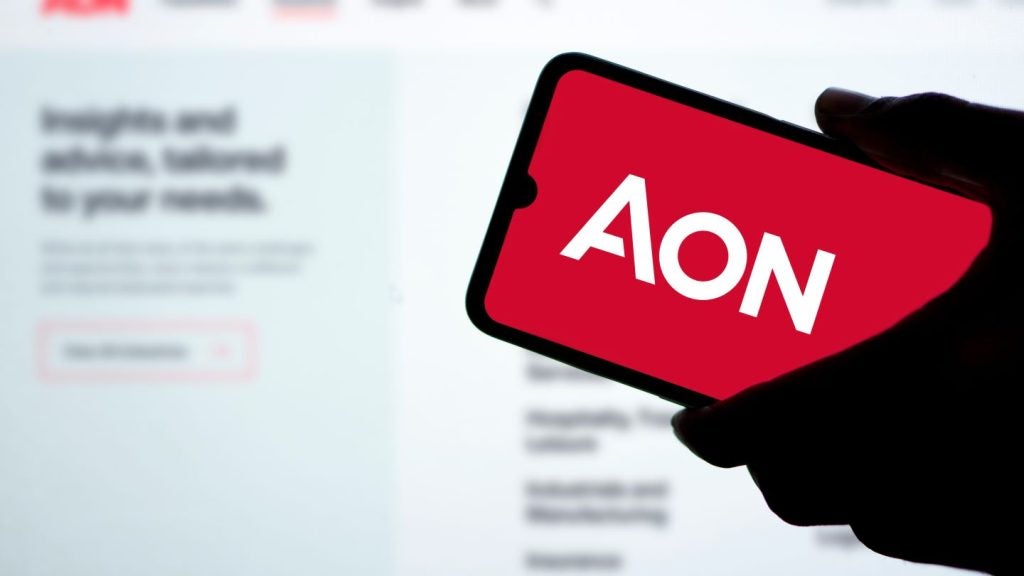
The European Insurance and Occupational Pensions Authority's (EIOPA) life insurance stress tests highlight the significant differences in the sensitivity to market movements of life insurers in different countries, according to Fitch Ratings.
EIOPA recently tested 236 companies in 30 countries, covering 77% of the European non-linked life insurance market under two scenarios.

Access deeper industry intelligence
Experience unmatched clarity with a single platform that combines unique data, AI, and human expertise.
The first showed that sustained low interest rates would lead to an aggregate fall in insurers' capital surpluses of €100bn and lead to liabilities exceeding assets for 1% of companies in the sample.
The second, a "double-hit" in which liability costs rose while asset values fell, led to an aggregate €160bn reduction in insurers' capital, and to liabilities exceeding assets for 2% of companies in the sample.
Fitch Ratings said these impacts would reduce the excess of assets over liabilities by 29% and 18%, respectively, compared to a baseline excess asset position of around €550bn across the sample.
Insurers with high guaranteed rates on policies were most affected, with insurers in Sweden, Lithuania, Slovenia and Croatia particularly hard hit.

US Tariffs are shifting - will you react or anticipate?
Don’t let policy changes catch you off guard. Stay proactive with real-time data and expert analysis.
By GlobalDataIn most markets, however, Fitch believes that insurers are well capitalised and able to withstand such stresses.
UK ‘well insulated’
The ratings agency said its view that UK life insurers are well insulated from interest rate movements due to matching of assets and liabilities was borne out by the test results.
The ratio of assets to liabilities fell by only around 1% in the UK insurance market under each stress, compared to over 10% for some other countries and around 2% across the EU on average.
Insurers in Luxembourg, Liechtenstein and Denmark were also less affected by the stresses than those elsewhere.
Reliance on transitional arrangements
EIOPA noted the high reliance of some companies on transitional arrangements, which contribute 60% to Solvency Capital Requirement coverage across the sample.
The impact was greatest in Greece, Spain, the UK, Norway and Portugal. Fitch said the varied use of transitional allowances between countries, and among different companies within markets, makes a direct comparison of insurers' headline S2 figures challenging.
Full S2 results are due to be published for the first time by May 2017, allowing comparisons on a "fully loaded" S2 basis with the impact of transitionals stripped out.
Fitch's view is that this will typically be more useful than comparing figures with transitionals included.
However, the ratings agency said the use of transitionals often largely offsets the additional capital requirements of the risk margin.
Fitch Ratings said: “We view the risk margin capital requirements, designed to cover the additional cost an insurer would incur if it were forced to transfer its business to another firm, as an uneconomical capital add-on for companies that are expected to continue as a going concern.
“Therefore, to the extent that transitional allowances offset the risk margin we would include them in comparisons of S2 results between firms.”
EIOPA's testing also showed local government bonds dominating bond portfolios of insurers in some countries, in particular Bulgaria, Croatia, Hungary, and Poland, where they made up over 90% of bonds held.
Under the S2 standard formula approach insurers do not have to hold capital against these government bonds, while internal model firms across the EU have been instructed to hold capital against those same bonds.
Fitch Ratings said this increases the difficulty of comparing S2 results between standard formula and internal model companies.







